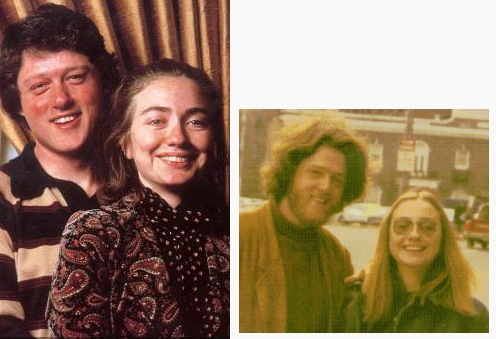Welcome to the Hardcore Husky Forums. Folks who are well-known in Cyberland and not that dumb.
Over 300 Classified Emails on Hillary's Server & Counting...
Comments
-
This made Hope Solo giggle.PurpleJ said: -
Hope is Inverted Pleat Balloon.Swaye said:
This made Hope Solo giggle.PurpleJ said:
-
Hipster Douche Bags giving interior design tips...
I'm speechless. -
Whoooooooooooooooooooooooooooooshd2d said:Hipster Douche Bags giving interior design tips...
I'm speechless. -
Part of me wants Trump to win the Presidency just so I can be there for the end of the world
-
AZDuck said:
Part of me wants
TrumpObama to win the Presidency just so I can be there for the end of the world -
AZDuck said:
Part of me wants the Sun to win the Presidency just so I can be there for the end of the world
-
STILL no nudes??
-
Hillary wasn't horrible looking 25 years ago
Probably would have hit
Maybe not since I was a kid reading Archie comics at the time.. -
Your taste is in your mouth.Fire_Marshall_Bill said:Hillary wasn't horrible looking 25 years ago
Probably would have hit
Maybe not since I was a kid reading Archie comics at the time..






